Brazil's participation helps the OPEC+ group, which includes 12 OPEC member countries and 10 other countries, significantly increase both its power and influence.
Brazil ranks 7th in the world in terms of daily oil production and exports. Non-OPEC members of the OPEC+ group are not bound by OPEC's decisions, but can discuss and consult with OPEC members on OPEC's decisions, those of OPEC+ as a whole, and those of individual member countries regarding oil production and exports. Thereby, they participate in regulating and directly and indirectly influencing the direction and level of fluctuations in oil prices on the world market.

For OPEC+, Brazil’s participation is a significant development because the group has increased both quantity and quality. Thanks to that, OPEC+ can enhance its role and increase its influence on the world economy and trade as well as regulate oil prices on the world market more effectively.
For Brazil, joining OPEC+ is not just a matter of economics but also a sensitive foreign policy issue. Limiting and eventually eliminating the use of fossil fuels, especially oil and coal, is one of the top policy priorities to reduce greenhouse gas emissions and serve the cause of climate protection.
Joining OPEC+ shows that Brazil takes oil production and exports very seriously. Brazil is the host country of the upcoming UN climate conference. It can be seen that balancing both the benefits of oil production for national development and the benefits of climate protection is not easy for Brazil and not only for Brazil.
Source: https://thanhnien.vn/lien-ket-tang-the-them-luc-185250220212719434.htm








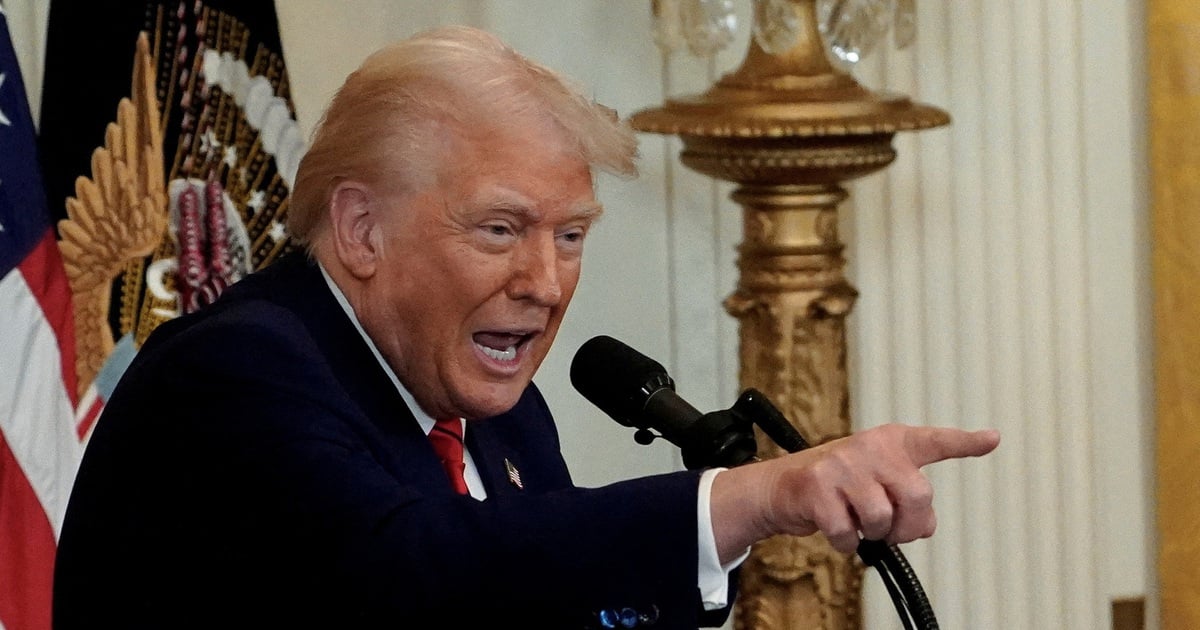



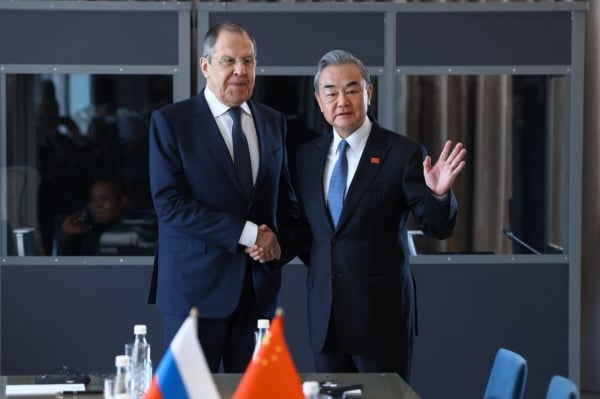
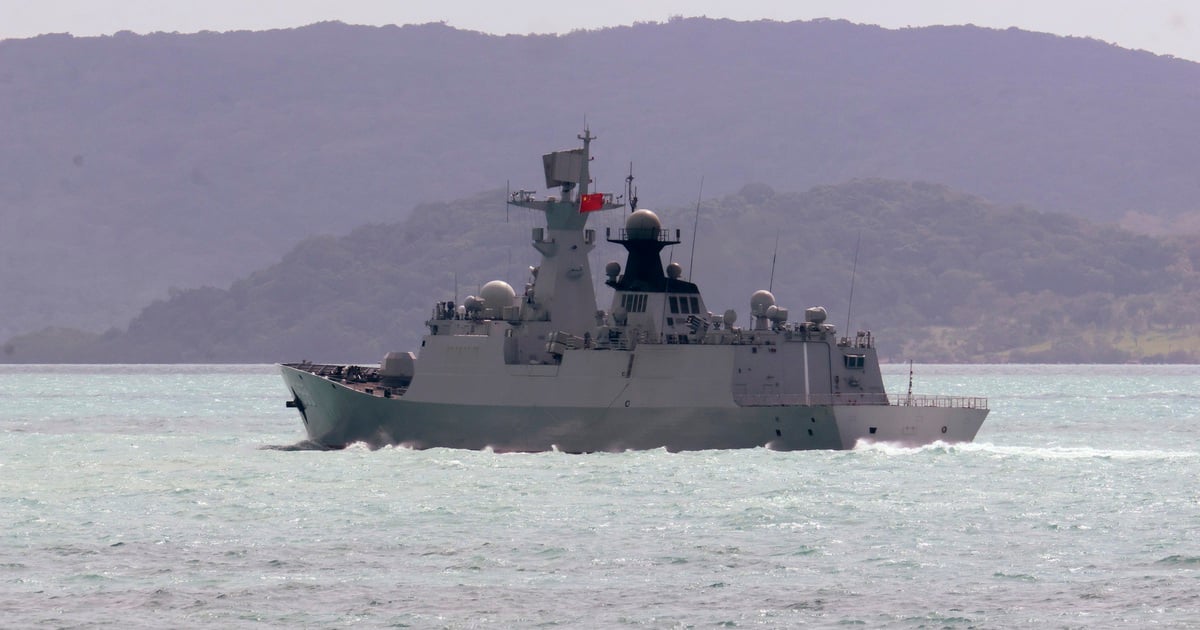
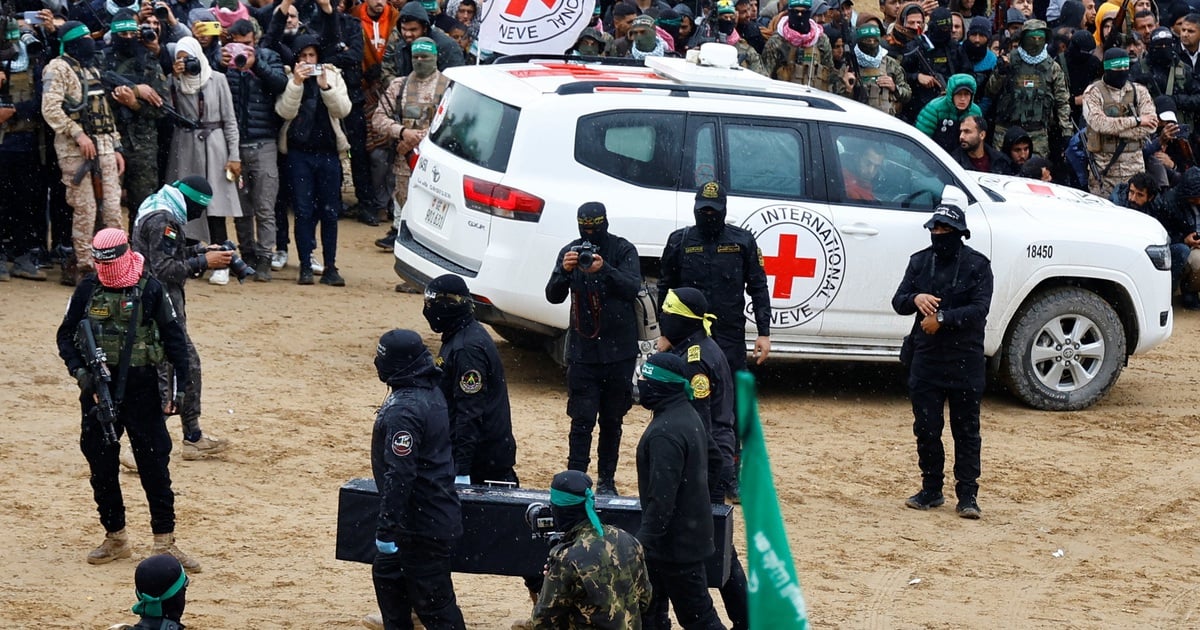












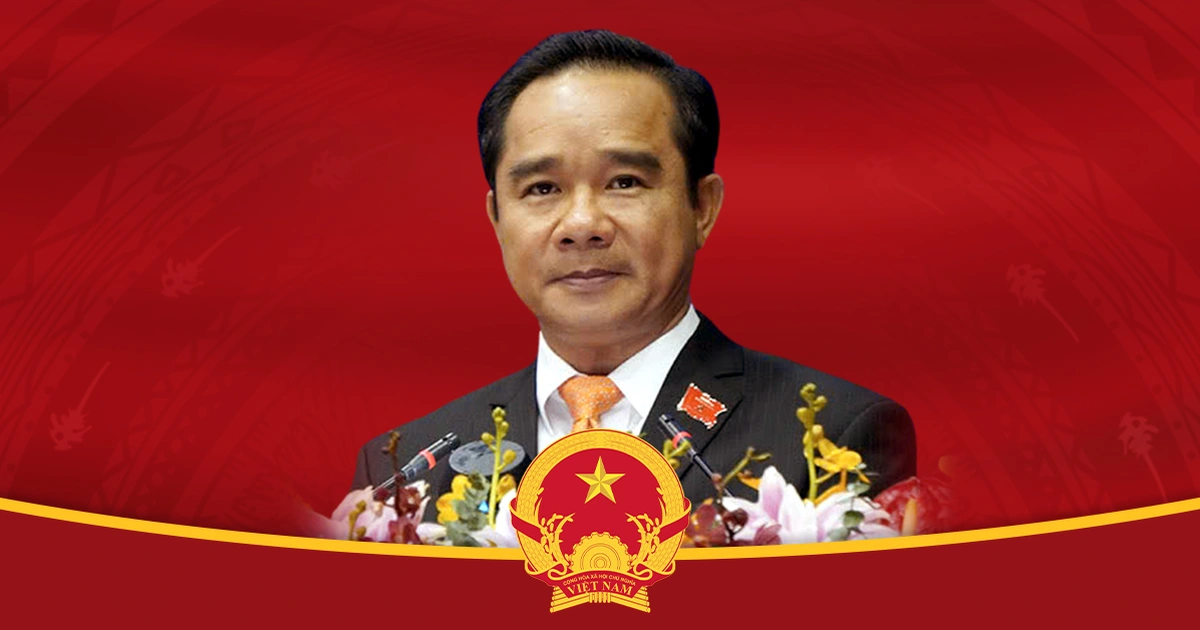



Comment (0)